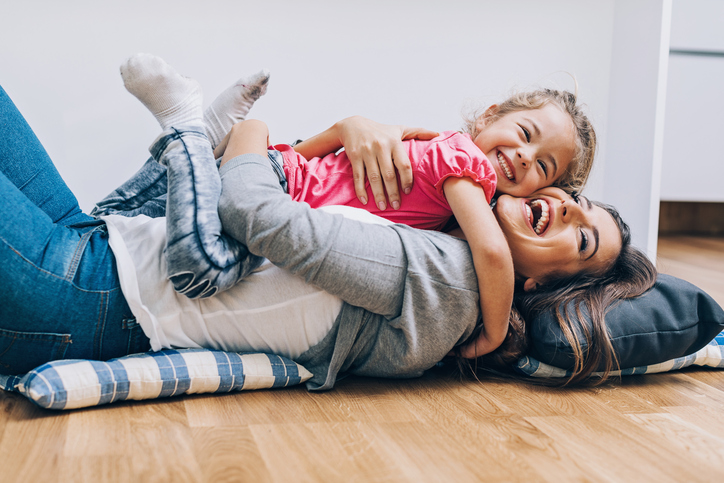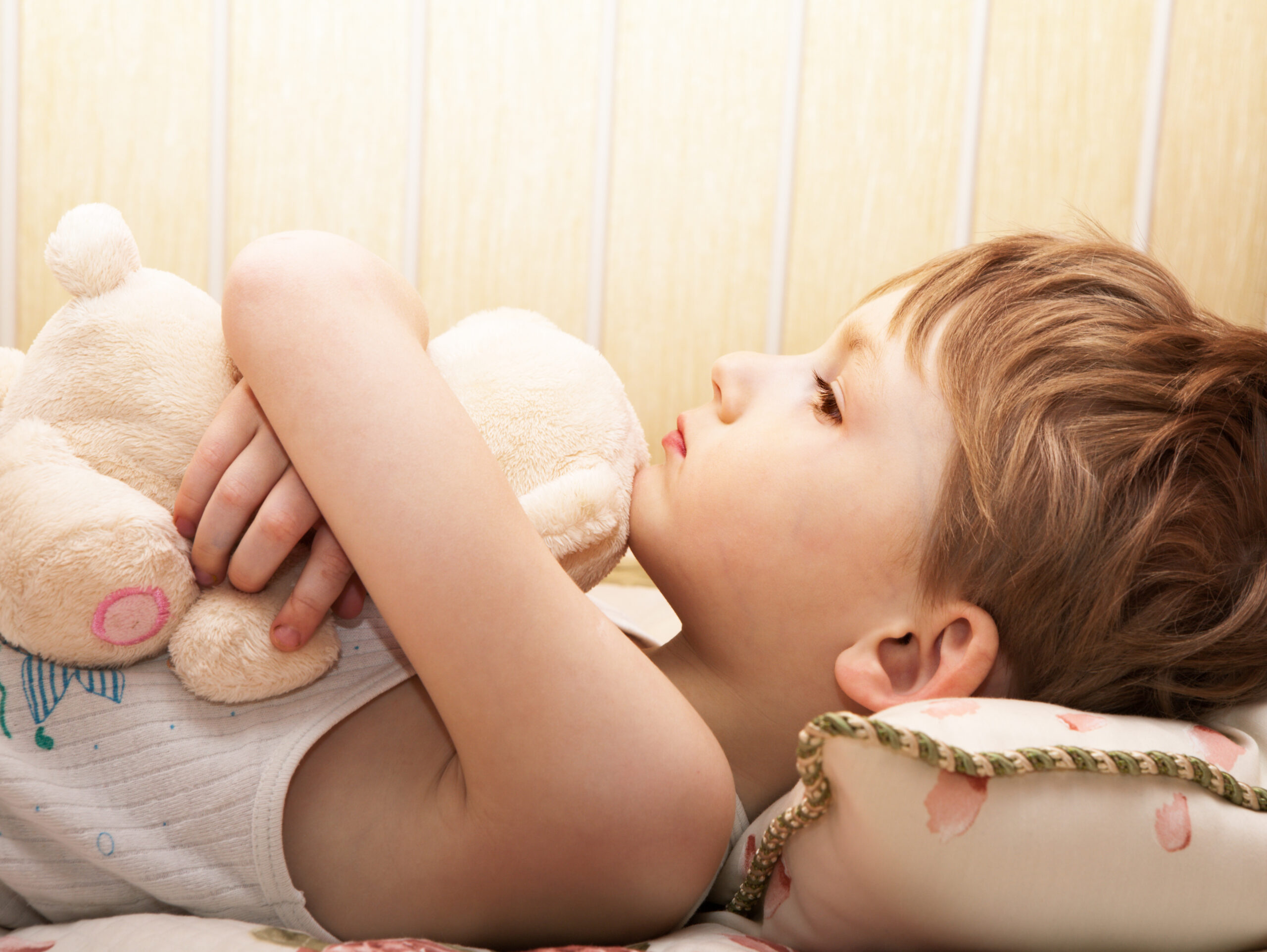AdviceParenting Advice
Emergency Evacuation Kit

An emergency evacuation kit is for when you must abandon your home (e.g home is unsafe to live in like the recent Queensland Floods, volcano threat at Mt Tongariro, Tsunami threat, Cyclone etc.) If you have to leave home, what should you pack in your car / on your back? Here are my ideas for how to be the best surviver and the favourite person in the emergency shelter (because you have enough to share with others). I’d assume that you’ll be away 7 – 10 days minimum, possibly months depending upon the disaster. This is different to a survival kit. A survival kit is to help you survive in your own home if disaster strikes (like in the Canterbury earthquakes, where a home is still livable).
Here are my ideas. I welcome your additions. You can download a printer friendly PDF version of this Emergency Evacuation list here: Emergency Survival and evacuation kit
Essential items
- Your entire emergency evacuation and survival kit
- Janola – for cleaning the water and disinfecting surfaces (see website getthrough.govt.nz for information of how to use this)
- Hand held water filter – saves a lot of boiling
- Tin opener
- Pocket knife / Swiss Army knife (their “camping” model has everything you’d need)
- Multi vitamin tablets – to keep you healthy and vital
- Charcoal tablets (every person should take one each meal to absorb any poisons / toxins that may enter the body) – available from chemist / health food shops
- Sanitary items (e.g. tampons, pads)
- Duct tape – very useful for taping up broken windows and other equipment
- Sunlight soap (Pkt of 5 in a bar) – good for washing clothes, hands and dishes
- Alcohol hand sanitizer
- Solar powered torch / lights (from Ikea for about $10 Australian, or The Warehouse)
- Hand sanitizer
- Anti-diarrhea tablets
- Water purification tablets (from camping stores)
- Medicines – e.g asthma inhalers, tablets, antihistamines, panadol, coldrex, anti-itch cream (insect bites)
- Toothpaste & brush
- IRD #
- Birth & Marriage certificates
- Passports
- Your wallet and any cash you can find
- Drivers license
- Sleeping bags
- Pillows
- ID for each child: write your child’s name & your cell phone number in a permanent marker pen on their arm or attach a tag around their neck or stick it to their back etc. in case they get lost
CLOTHES (per person)
- 2 underwear
- 2 singlets
- 2 socks
- 2 t-shirts
- 1 trousers
- 1 shorts
- 1 jumper
- 1 jacket
- 1 raincoat
- 1 pair good walking shoes
- If winter: gloves, scarf, hat
Pack these in plastic bags to minimize the chance of them getting wet. Glad’s large seal bags are fantastic for this but supermarket bags will at least help.
Useful items
- Back pack per person (both day packs and tramping packs for adults)
- Camera & video camera (you may wish to record your experiences)
- Mobile phone charger
- Sunscreen
- Insect repellant
- Inflatable mattress (a good night’s sleep is worth a lot)
- Buggy and / or back pack / front pack for young children
- Children’s favourite blankie / pacifier (everyone in the shelter will thank you for bringing this when they get a better sleep at night)
- Battery charger for cell phone
- Instant battery top up charger (available from cell phone shops)
- Deodorant
- Hair brush / comb
- Bicycle (great for short trips – saves petrol which could be in short supply)
- Bible – people usually want to know God and be closer to God in tough times
Luxury items
- Solar shower (great to use while camping too, but means you can have a warm(ish) shower when the power is out) – Can be purchased from camping stores
- Camping toilet (available from camping stores)
- USB portable internet connection for cell phone / laptop / ipad etc
- Battery charger for above
- Photo albums / negatives or DVD’s of digital photos
- Pack of cards to play
- Board game or two – it can be pretty boring in a refuge shelter
- Children’s favourite toy e.g. hotwheels cars, barbie doll etc.
- Ball for kicking around and having some light relief
- Your actual computer hard drive (you can remove it with a screw driver to save you taking your entire machine)
- Gas stove (can purchase from camping store)
- 2 cooking pots
- Family valuables: jewelry, family heirlooms (best to wear them rather than carry them in case of theft)
- Tent (sometimes it can be safer in a field than a building, and more private too, if you like that)
- A good book or two (you’ll be so popular being able to share / swap books)
FOOD:
- Nuts & dried fruit
- Dried mashed potato
- Dried mixed vegetables
- Chocolate bars
- Juice concentrate
- Milk powder
- Quick precooked rice (e.g. Uncle Ben’s 2 minute rice)
- Juice concentrate
- Corn chips & dip
- Salt
- Herbs & spices (e.g herb salt, soy sauce)
- Peanut butter
- Marmite
- Jam
- Honey
- Packets of biscuits
- Bag of lollies for the kids
- Tinned food
- You may also wish to pack plastic / tin plates & cutlery
Emergency ACTIONS:
- Turn off all water, gas and electricity (prevent fires and other accidents)
- Tape up windows (in case of strong winds, smoke, ash, breaking windows)
- Put your strong walking shoes on (keep you safe from injury)
- If possible ensure your petrol tanks and gas cylinders are full



